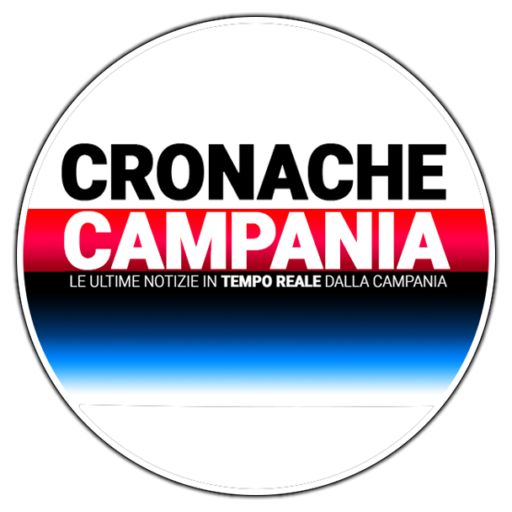Castellammare. Cesarano Clan: the Review Court releases Pietro Del Gaudio and Luigi La Mura, known as “Gigino Diabolik”. The two alleged members of the Pompei-Castellammare clan, defended by the lawyer Massimo Autieri, were arrested on November 12 at the request of the Neapolitan DDA, following investigations carried out by the Guardia di Finanza of Naples. The judges of the 12th section of the Review Court of Naples accepted the defense's thesis, which claimed that the precautionary measures against the two, supported by the investigating judge in the precautionary order against them, were not current. In fact, the anti-mafia charges Del Gaudio and La Mura with extortionate episodes dating back to 2014, a good five years ago. The defense also focused on the 'indeterminacy' of the role played by the two in the contested episodes and which earned them house arrest. The Review Court considered the thesis of the lawyer Massimo Autieri valid and revoked the arrest for both suspects, deeming that the precautionary needs against them did not exist. Del Gaudio and La Mura had ended up in the maxi blitz of the Finance Police that had brought to prison and under house arrest 20 people considered to be leading figures and followers of the Cesarano clan, operating above all in the municipalities of Castellammare di Stabia, Pompei, Santa Maria La Carità and Scafati.
The investigation began in 2014 when, in conjunction with the arrest of Nicola Esposito, known as “o' mostr”, the leadership of the criminal group was assumed by Luigi Di Martino, alias “o' prophet”, today detained under “41-bis”, who at that time had returned to freedom after a long detention.
The first to denounce the gang was an entrepreneur from Castellammare di Stabia who worked in the “slot machine” sector, and some extortion episodes against numerous entrepreneurs and the new organizational chart of the gang were reconstructed. According to the anti-mafia, among the promoters of the clan, in addition to Di Martino, there were Giovanni Cesarano, known as “Nicola” and Aniello Falanga, who, through threats and violence, forced dozens of entrepreneurs to periodically pay the “pizzo”, as well as imposing the rental of “slot machines”, the proceeds of which flowed into the clan coffers to support the historically affiliated families, were used to pay the salaries of the staff and were reinvested in other illicit activities.
Article published on November 26, 2019 - 19:25







